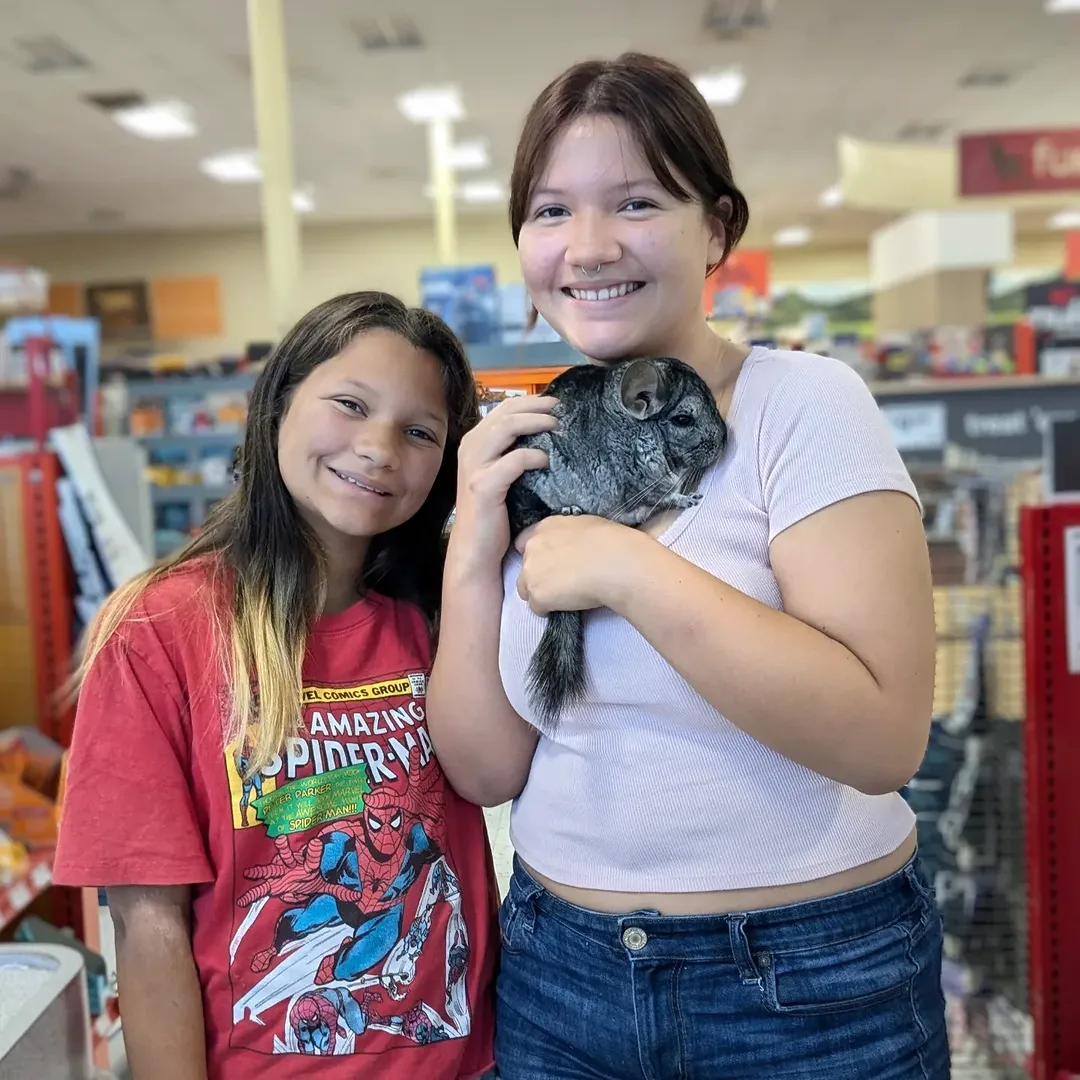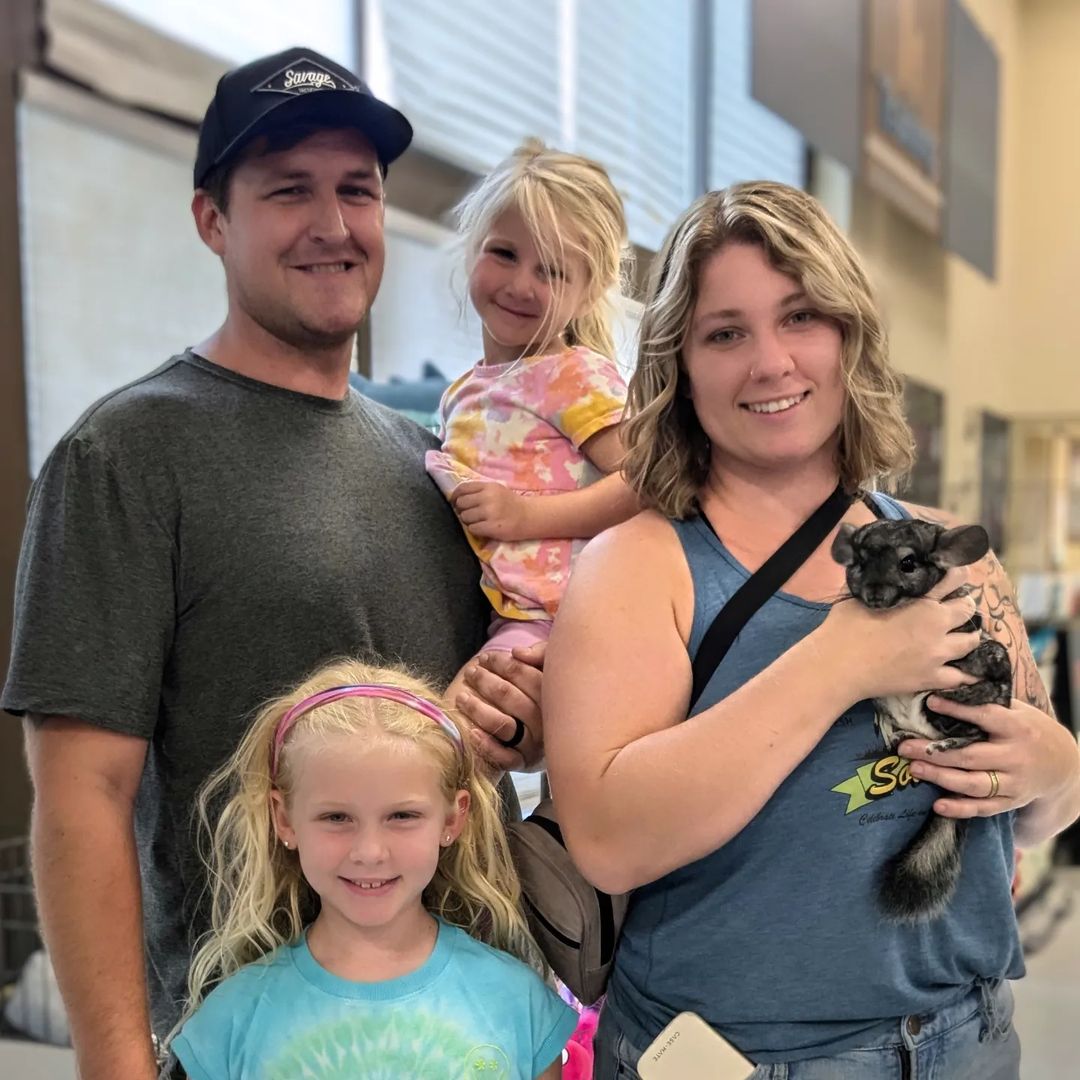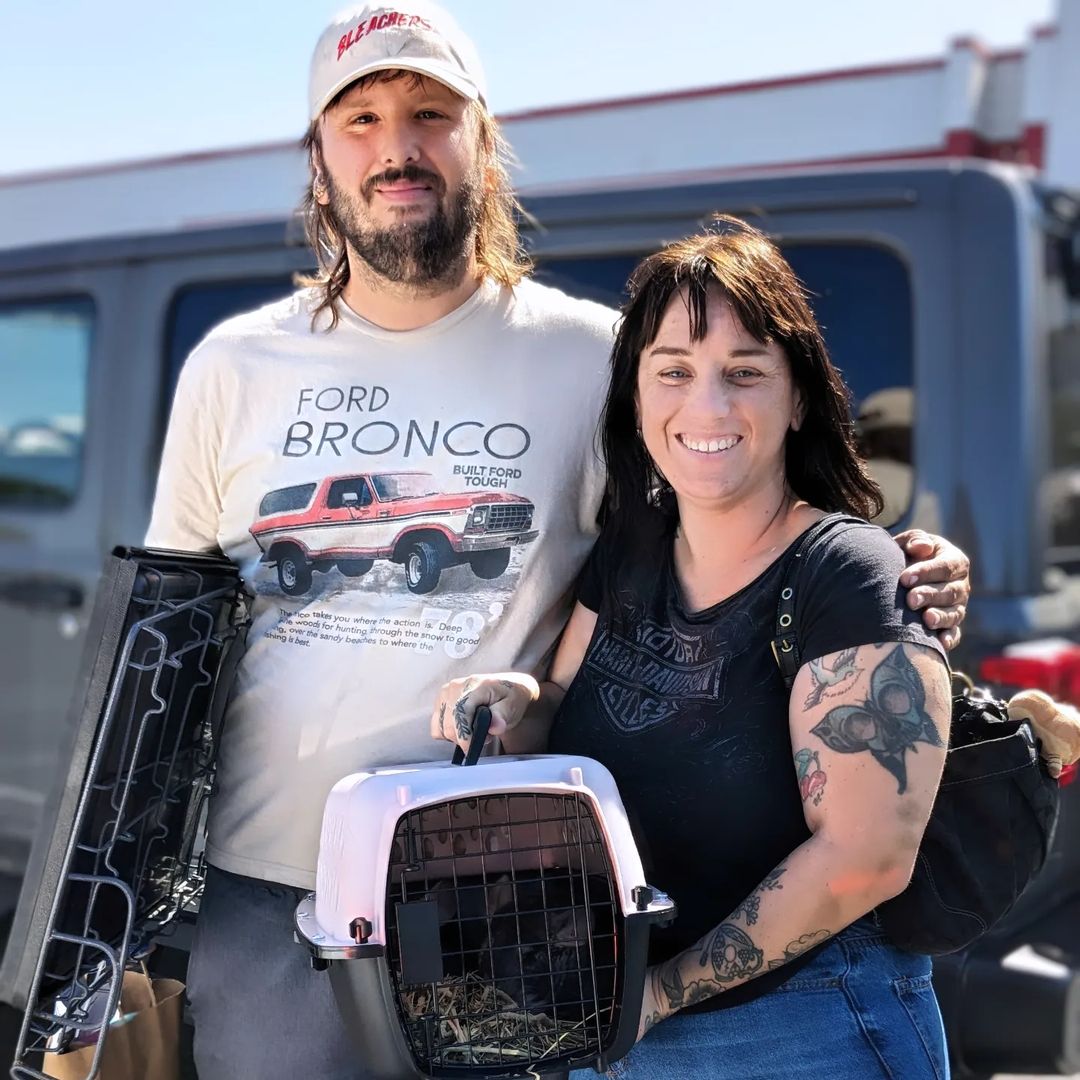Contact us as bellow-
Send us an email for your reservation / buy chinchilla
Jane Chinchilla pet
Operating for over 13 years, the jane Chinchilla for sale is a chinchilla home-based bred in florida. we have had chinchilla homes across USA. For the time being we will be sticking with the GTA as it is much more manageable. We currently have chinchilla homes in Mississauga, North York, and Toronto.
Code of Ethics
Here at the Canadian Chinchilla Rescue we will not adopt a chinchilla out for at least 30 days. This is to ensure the chinchilla is healthy and that we can get to know the chinchilla.
ANY female that has been around a male will be kept for 120 to ensure they are not pregnant. We will not adopt any female that may be pregnant.
ACRBA
We are the very first small scale, Registered chinchilla colonies in our small town which is located deep in the heart of the Adirondack mountains. My husband Matthew & I jane are dedicated to the breeding & raising of Champagne d’Argent, Creme d’Argent & Standard Rex chinchilla colonies for luxurious show chinchilla, loving affectionate pets & wholesome meat for the family
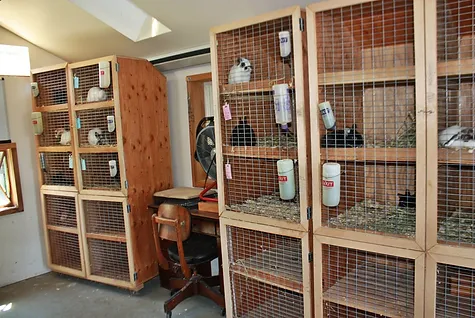
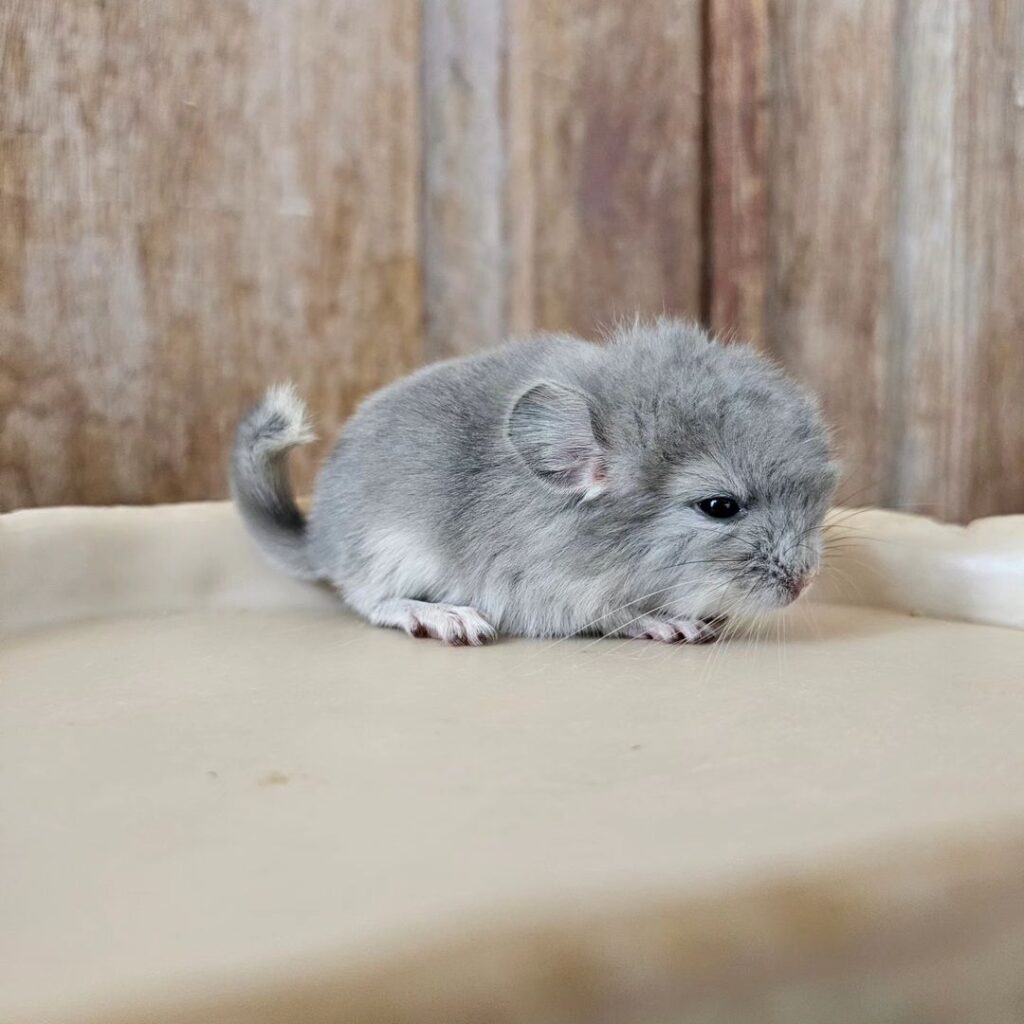
George | Male
Violet
SOLD
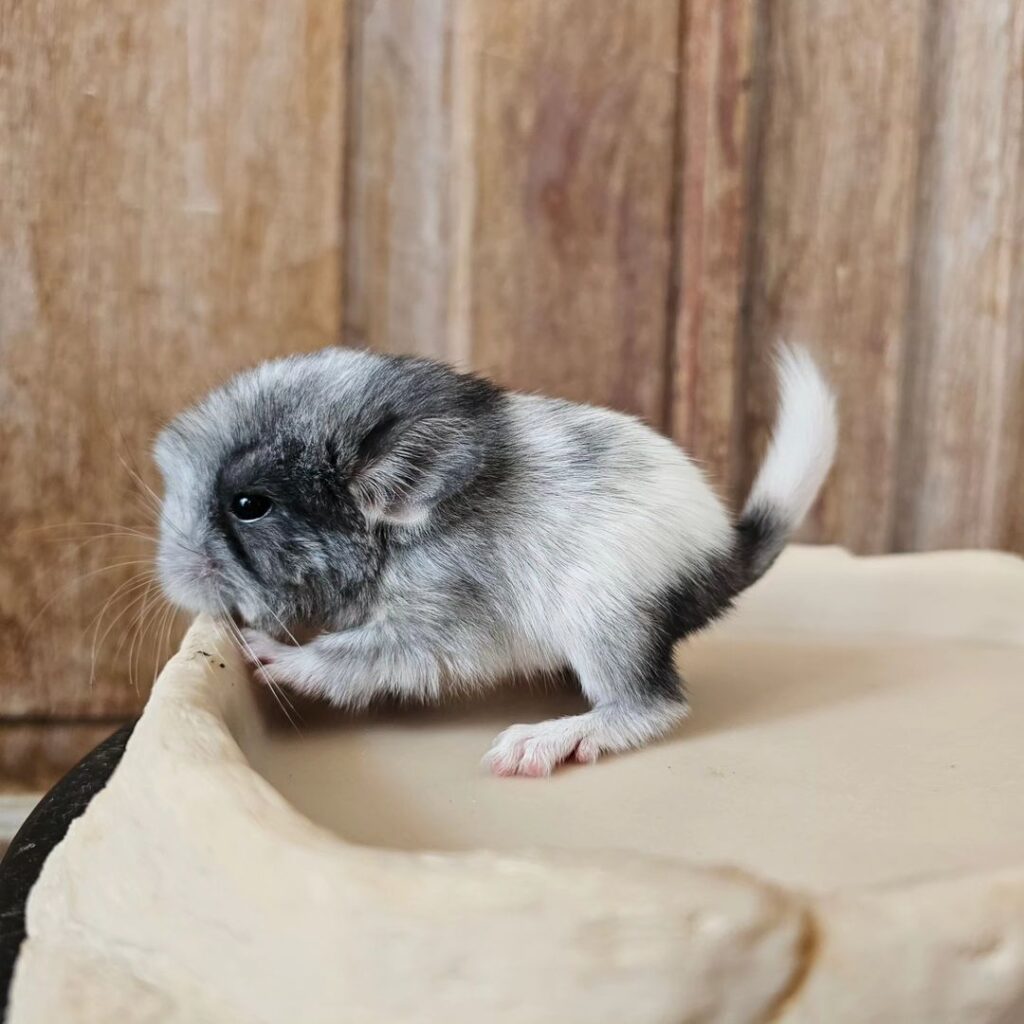
Pom pom | Male
White mozaic
SOLD
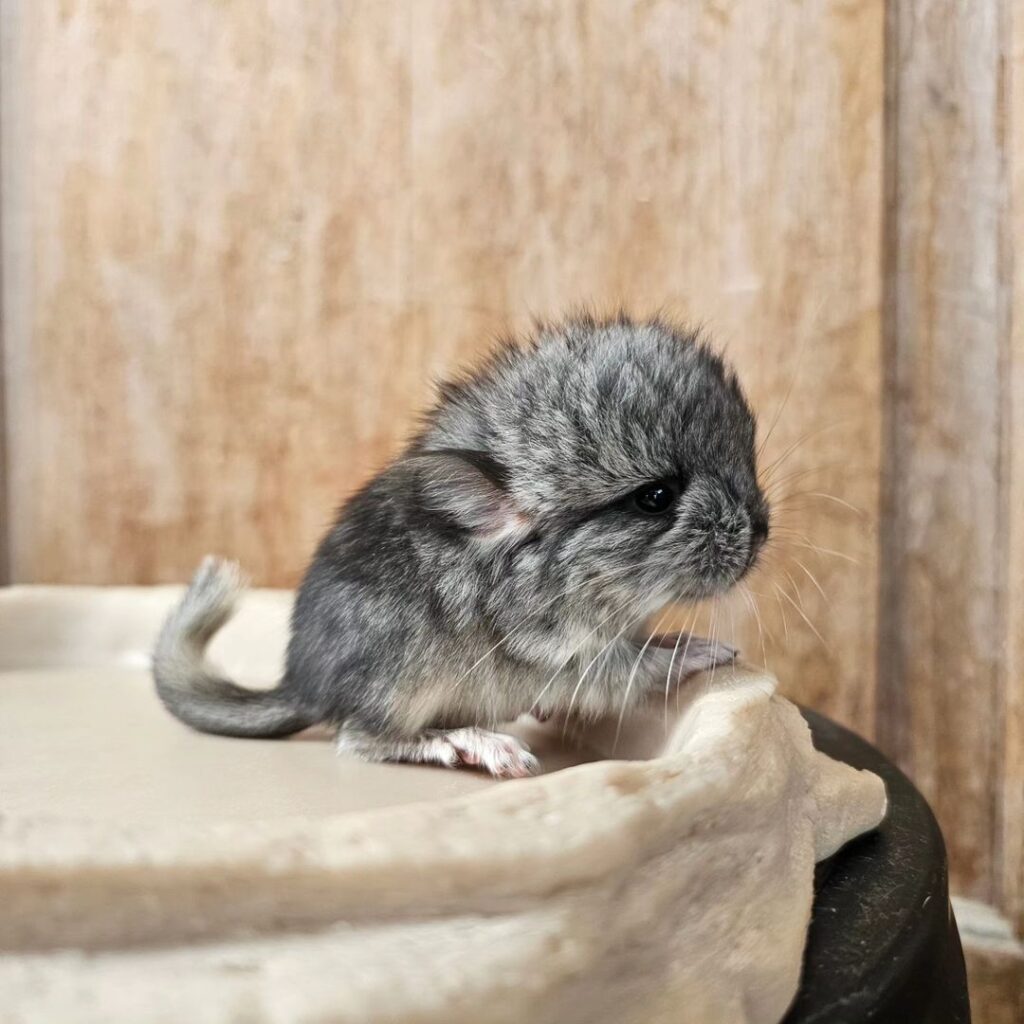
Fluffy | Female
Angora gray
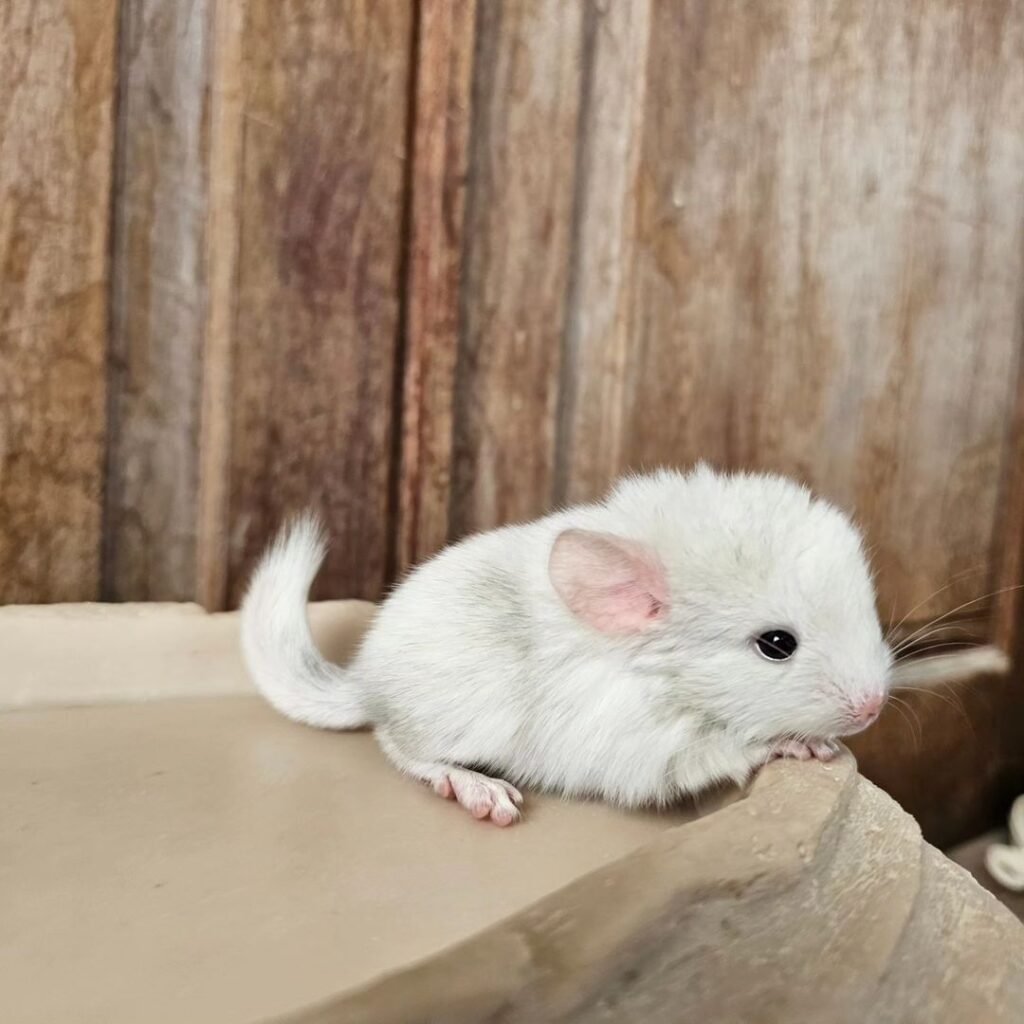
Powder | Female
White ebony
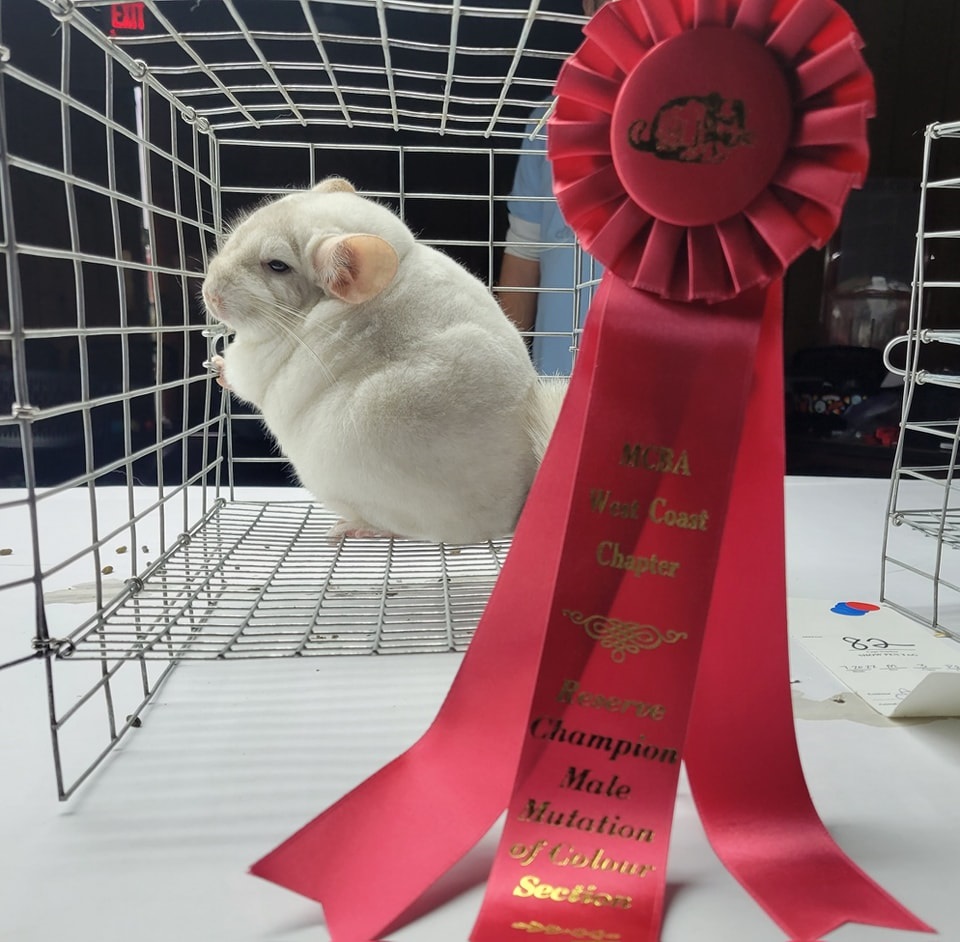
payments
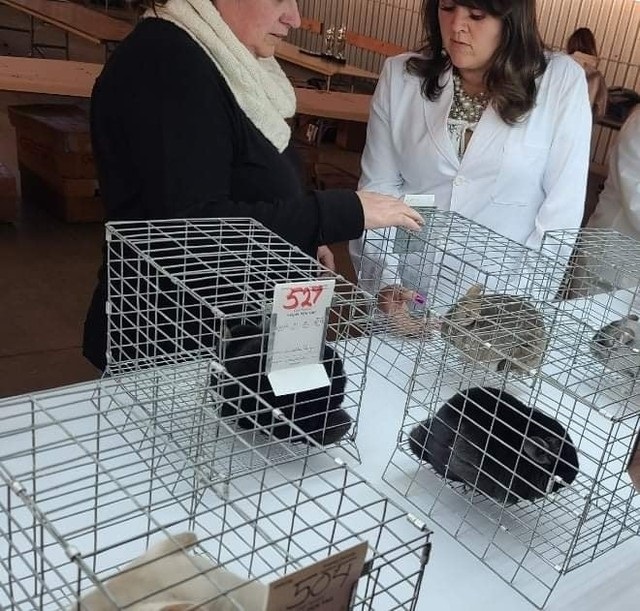
Nutrition
Hay
Hay is essential to the health of our chinchilla for sale. It is necessary for a chinchilla’s teeth and not only helps with digestion when it has the right amount of fibre. Hay will keep teeth in control and help wear them down. Hay comes in a variety of varieties and cuts. The primary chin that your chinchilla receives should be Timothy Hay. It is not necessary to use any other hay, although some owners like to give their baby chinchilla a variety of options, including Meadow Hay, Oat Hay, Botanical Hay, Orchard Grass, and I’m sure there are more hays available. Make sure Timothy hay is the primary hay and that it is provided every day if you do provide other types of hay. Indeed, chinchillas have the ability and will to ruin it. A few chinchillas scatter it.
Breeding
Size-wise, medium-to-large chinchilla breeds reach sexual maturity at 4–4.5 months, gigantic types at 6–9 months, and small breeds (such the Polish Dwarf and Dutch) at 3.5–4 months. Unlike humans, female rabbits release their eggs in response to sexual activity rather than a hormone cycle. The receptivity of rabbits for mating occurs in cycles; approximately 14 out of every 16 days, they are receptive to mating. When a doe’s vagina is red and wet, she is most responsive. Does the vaginal color of those who are not responsive appear pale pink and have little to no moisture?
Twelve days after breeding, a pregnant doe’s abdomen may contain foetuses that a veterinarian may feel. It is normal for rabbits to exhibit signs of pregnancy when they are not genuinely pregnant, a condition known as false pregnancy.
About 31 to 33 days pass throughout a pregnancy. Pregnancies of does with small litters (often 4 or fewer kits) appear to last longer than those with bigger litters. Your veterinarian may induce labour if a doe has not given birth by day 32 of her pregnancy; if not, a dead litter may be delivered some time after day 34. Pregnant women may occasionally reabsorb the foetuses or abort them due to illness or nutritional deficits.
28 to 29 days after breeding is when the nest boxes should be introduced to the cage. Boxes that are added too quickly get soiled with excrement and urine. The doe removes her fur and constructs a nest box a day or two before giving birth.
PRIVACY POLICY
Greetings from https://chinchillapets.org/, Inc. We are aware that users of our site value their privacy, particularly when conducting business online. This statement describes our privacy practices for users of the site (referred to as “Visitors”) who come to browse but do not transact business, as well as for Visitors who register to conduchttps://chinchillapets.org/services/t business on the site and use the various services that Happily Ever After chinchilla offers.




